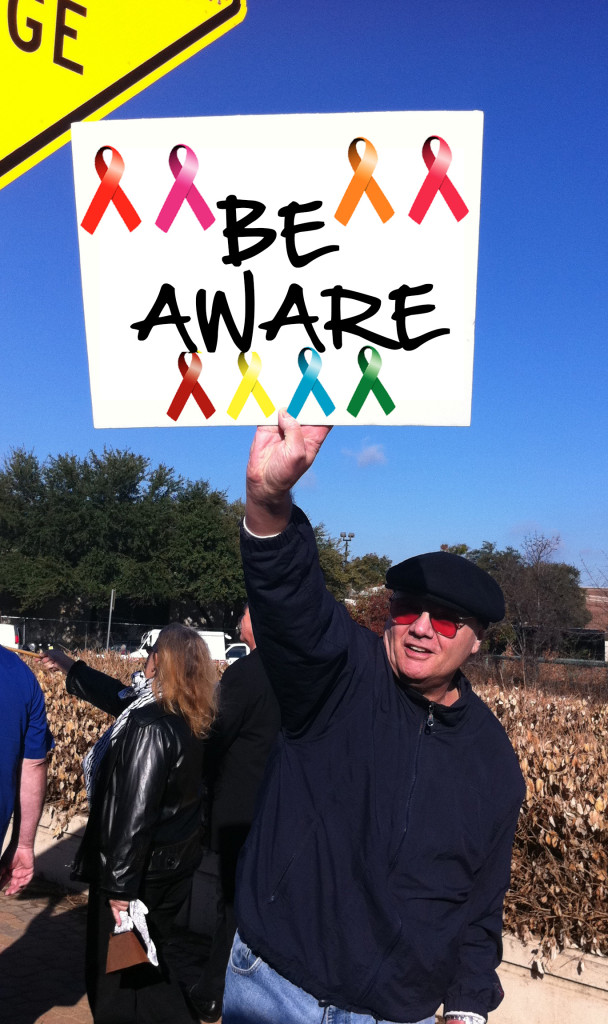Awareness campaigns have minimal impact
By Cazzy Lewchuk, Staff Writer
A few weeks ago, people across the country participated in Pink Shirt Day, wearing pink shirts to raise awareness about bullying. This day involved many companies weighing in to show just how much they care by mass printing and selling pink T-shirts to raise awareness. It was a success in terms of its participation and awareness raised.
No doubt, the message that “bullying is bad and anti-bullying is good” was on everyone’s mind for at least one day. But what further good did this day do? Did it even explain itself? Awareness has no physical form or even a universal definition. I saw no mentions of steps we can take to reduce bullying during this campaign, nor did I see a clear-cut definition of what bullying actually is.
Bullying was essentially a buzzword to make us feel good and wear our fabulous pink shirts. The focus was not to stop bullying, but to wear your pink shirt and be pro-anti-bullying. For some reason, this is one of the biggest awareness campaigns in Canada—and it doesn’t even have a clear goal.
Typically, spreading awareness may include selling T-shirts and merchandise, advertising on the Internet, voicing opinion publicly, donating for some kind of vague charity relating to the issue, and berating others if one is unaware of the issue.
Many awareness campaigns tackle serious problems that are often on a global scale. These issues benefit from increased public engagement. There’s global warming, cancer, mental health, physical health, oil drilling, starvation, poverty, war, obesity, and hundreds of other issues someone somewhere decided it would be good to do something about. Personally, I’d like more awareness spread about how people who take up two seats on the bus are destroying society.
Undoubtedly, many of these serious problems should be discussed in greater detail and be in the public spotlight more. But my question is, do major awareness campaigns actively seek to make the impact, or has awareness become more of a buzzword to give folks false hope and, in many cases, promote a company or person’s image?
These days, awareness is an attention-getter. It’s a money-maker and publicity drummer-upper. Nothing gets people talking, interested, promoting, and taking out their wallets faster than mentioning that you’re seeking to raise awareness of something vague. Is the power of the awareness used wisely?
It seems the bigger the awareness campaign, the less preventative measures are actually taken. It’s said that an ounce of prevention is worth a pound of cure. I see a lot of effort dished out to “find a cure” and “make an issue-free future,” but rarely do I see the campaigns focussed on eliminating the issues.
How can we reduce the amount of bullying taking place in society? By wearing pink shirts, obviously.
Charities that provide legitimate support for those affected by the issue do wonderful work, and everyone should fully support them whenever possible. I suggest that instead of designated awareness days, we should all be aware of issues all the time. The trick is to be informed. Make educated decisions about your views on matters. Know the facts about major platforms. Remember your privileges and take time to do something for those in trouble. Actually listen to and support a friend who’s having life problems. Make healthy choices for your body and mind.
Perhaps Jerry Springer of all people summed it up best, closing every show by telling us to “take care of yourself, and each other.” If everyone did this, there would be no need for awareness campaigns.



